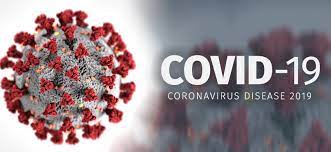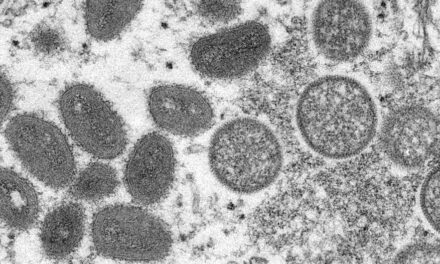COVID-19 pandemic has been one of the biggest public health emergencies for mankind. The disease is caused by SARS-CoV-2 strain of coronavirus. Transmission of the virus is known to occur through close contact with an infected individual or from contaminated surfaces. The virus can also be transmitted from person to person in the pre-symptomatic phase
and from asymptomatic individuals.
The adverse effects of the COVID-19 pandemic on maternal and perinatal health are not limited to the morbidity and mortality caused directly by the disease itself, but also include
the challenges faced while providing services to the Pregnant Woman (PW) amidst unfavorable circumstances like lockdown, and unpreceded demands on health systems.
Further, the risk of acquiring COVID-19 from infected PW poses unique challenges to healthcare personnel viz. doctors, nurses, etc. in providing antenatal care. As per a study conducted by NIRRH-ICMR in India, the case fatality rate (CFR) among PW and postpartum women was found to be 5.7 percent during the second wave, which was significantly higher compared to the first wave when CFR was only 0.7 percent. Rates of severe coronavirus disease 2019 (COVID-19), intensive care unit admission, and maternal mortality increased among pregnant and postpartum women admitted for COVID-19 in the second wave compared with the first wave in India.
There is now growing evidence that PW may be at increased risk of severe illness from COVID-19 compared with non-PW, particularly in the third trimester and symptomatic maternal COVID-19 is associated with an increased likelihood of iatrogenic preterm birth. The study published in The Lancet Global Health (31st March 2021), found that maternal and fetal outcomes have worsened during the COVID-19 pandemic, with an increase in maternal deaths, stillbirth, ruptured ectopic pregnancies, and maternal depression. The review included
40 studies and three of which were from India.
COVID-19 presents an immediate and emergent challenge to the healthcare system. However, it should be ensured that the provision of safe maternal and child health services is
not impaired during this period. Given the context, it is pertinent to re-organize essential RMNCHA+N services and develop appropriate guidance to tackle this emergent and evolving situation. The MoHFW, in order to ensure continuity of RMNCHA+N services during the COVID-19 pandemic, issued guidance to States & UTs from time to time.
Guidelines on operationalization of maternal health services during Covid-19 pandemic












